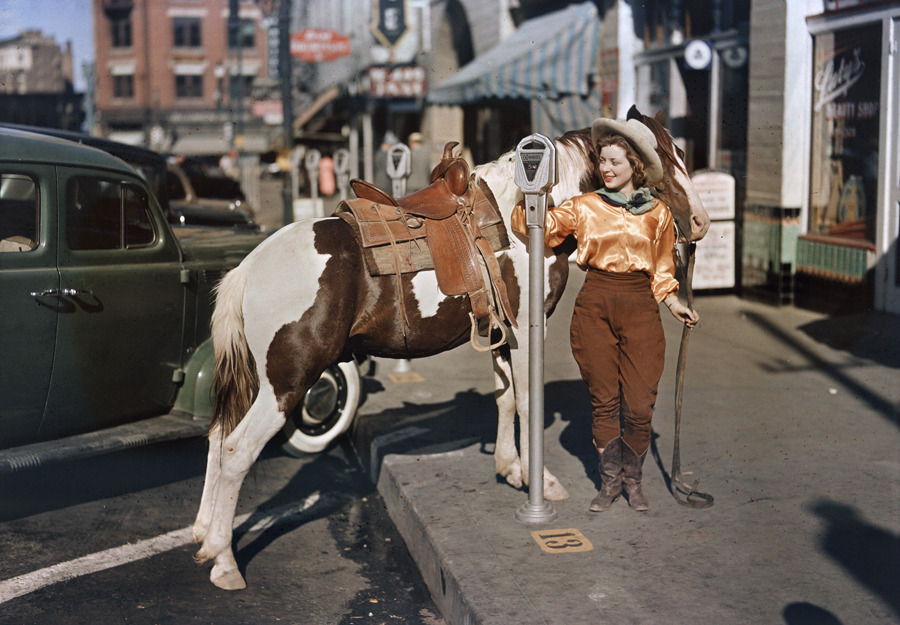Reference 130316 or search for ‘Sustainability’ on WMATA’s career site
Note the 3/21/13 closing date.
Responsibilities:
This is a high level professional and technical position involving the development and analysis in support of Authority-wide sustainability planning, initiative development, and performance measurement. Incumbent uses innovative analysis, corporate/transit best practices, and in-depth evaluation. The incumbent analyzes current performance, identifies new business models and markets, develops implementation strategies and plans, and provides project management support.
Results provide refined critical information to enable effective organizational decision making, performance management, and leadership. Incumbent communicates regularly with executive staff and other Authority personnel. Incumbent conducts special studies to ensure efficient management of resources. Incumbent produces presentations that communicate Authority¿s stance and leadership in sustainability practice.

English: Washington, DC Metro logo (Photo credit: Wikipedia)
MAJOR DUTIES:
- Develops, evaluates, and supports sustainability initiatives, programs, policies, and procedures for the Authority.
- Independently conducts analytical studies.
- Serves as a project analyst and provides project management support to resolve problems and to meet PLAN objectives and Authority strategic goals.
- Conducts special studies focusing on life-cycle costing, cost benefit analysis, and return on investment calculations for potential investments.
- Researches and summarizes selected policy areas related to sustainability.
- Prepares reports on transit issues such as sustainability best practices, impacts of transit on regional sustainability, and summarizes selected policy and technical areas related to sustainability innovations in the transit industry.
- Researches and drafts responses to inquiries from members of Congress; federal, state, regional, and local officials; the Board of Directors; and the public.
- Prepares and presents reports and recommendations for a variety of internal and external customers.
- Attends meetings, hearings, high-level planning sessions, and other activities essential to the execution of the functional responsibilities of PLAN.
- Maintains effective working relationships with individuals and organizations with whom interface and cooperation are required.
The above duties and responsibilities are not intended to limit specific duties and responsibilities of any particular position. It is not intended to limit in any way the right of supervisors to assign, direct and control the work of employees under their supervision.
KNOWLEDGE, SKILLS, AND ABILITIES:
- Knowledge of sustainable business practice and sustainable development.
- Knowledge of and experience in leading interdisciplinary teams to facilitate effective policy and initiative planning, development, implementation, and support.
- Knowledge of the principles and practices of strategic business planning, performance metrics, and innovation management.
- Knowledge of financial analysis including: life-cycle costing, cost benefit analysis, return on investment calculation.
- Knowledge of the sustainability and environmental policy context in which transit systems operate. Familiarity with sustainable design, green building, and energy planning in a transit context.
- Knowledge of public transit principles and practices and the application of new technology and other innovations to transit agencies.
- Demonstrated success in completing difficult assignments, displaying innovative solutions to complex problems.
- Ability to acquire and maintain current knowledge of major transit systems and changes in the public transportation field that may be of benefit to the attainment of the Authority’s goals and objectives.
- Ability to effectively analyze and present findings on various assigned studies.
- Ability to prepare concise technical reports and engaging presentations for a variety of internal and external customers.
- Demonstrated ability to establish and maintain effective working relationships with all levels of management and organizations with who interface and cooperation are required.
- Ability to communicate effectively at all levels of the organization.
The employee performs moderately difficult administrative and office management work assignments for the head of an entity whose staff consists of one or more subordinate branch management level persons who are responsible for key functions and/or programs. Incumbents in this class perform a full range of administrative support duties which affects the efficacy of work processes performed by others. Contacts are maintained with members of other departments with whom the Director level maintains working relationships. Some situations require the use of persuasion and tact to maintain the Director¿s viewpoint. Written guidelines are generally available, but require interpretation.

To be considered for the position, you must meet minimum qualifications. It is, therefore, very important for you to include on your application any education/experience you have had that is described in the minimum qualifications. Incomplete information may delay the assessment process.
Qualifications
Graduation from an accredited college or university with a bachelor’s degree in planning, public policy, business administration, or related field. A Master¿s degree preferred. A minimum of five (5) years progressively responsible experience in sustainable business practices, sustainable development, or related field.
MEDICAL GROUP:
Ability to satisfactorily complete the medical examination for this position. The incumbent must be able to perform the essential functions of this position either with or without reasonable accommodations.
High School Diploma or GED and a minimum of 5 years experience in office management activities that involved providing administrative/secretarial services within a diverse organizational entity. Applicants must demonstrate proficiency in word processing on the standard software currently in use by the Authority based on a computerized word processing skills evaluation which measures efficiency at various levels; demonstrate proficiency in communication and clerical skills based on a computerized skills evaluation which measures proficiency in spelling, punctuation, capitalization and grammar.
Evaluation Criteria
Evaluation criteria may include one or more of the following:
- Education, training and experience
- Personal Interview
- Medical examination which may include alcohol and drug testing
- Performance attendance record
- Background check to include criminal, education, work and driver’s record
Closing Statement
Posted salary ranges and offers are subject to Union contract agreements and Metro salary administration guidelines. The Washington Metropolitan Area Transit Authority is an equal opportunity employer, and encourages applications from minorities, females and persons with disabilities.
Please apply before: 03/21/2013
Reference 130316 or search for ‘Sustainability’ on WMATA’s career site



























